Referat Geologie, Mineralogie, Sedimentologie
Paläontology
Information regarding research focus and projects can be found on the section´s webpage.

The Caucasus - flora, vegetation and ethnobotany
The Caucasus - flora, vegetation and ethnobotany Few regions in Europe are more steeped in mythology than the Caucasus, and few have sparked more interest from botanists and anthropologists alike. Indeed, given the historical,...[more]

Ethnobotany and Ethnozoology in the Himalayas and Central Asia - India, Nepal, Pakistan and Uzbekistan
The wider Himalayan region and Middle Asia harbor much of the world's biological and cultural diversity. This diversity is not only structured by the steep north-south gradient, but also by an east-west gradient in precipitation....[more]
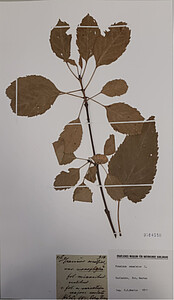
Plants, lichens and bryophytes in Baden-Württemberg - taxonomy, distribution and use
Research on native plants i is also a top priority for the Botany team at the SMNK. This work has contributed to scientific research in Baden-Württemberg for decades and is reflected in a large number of extensive...[more]

Species knowledge for everyone. The Karlsruhe Taxonomy Initiative
A new project started in autumn 2022: the "Karlsruher Taxonomy Initiative". The aim of the project is to strengthen education in the area of species knowledge and taxonomy of plants, fungi and animals in the region. It is...[more]
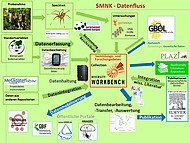
Semantic enrichment and mobilization of data in distributed repositories for taxonomy and ecology
Solving a Gordian knot in the taxonomy of neotropical jumping spiders and trait-based ecological habitat assessment with spider assemblages[more]
Large wandering spiders in Amazonian forests
Since 1992 Thierry Gasnier, Hubert Höfer and Antonio Brescovit (and others) study biology and ecology of the large wandering spiders living on the ground of Amazonian forests. Starting point of their interest in factors and...[more]
Ctenidae of French Guiana
French Guiana holds an impressive species richness or biodiversity, of which large parts are still unknown, especially when looking at the invertebrate arthropods. To list the insects of French Guiana is an aim of a current...[more]
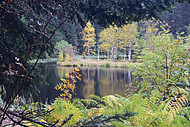
Inventarisierung der Spinnenfauna des Nationalparks Schwarzwald
inklusive gemeinsames Datenmanagement[more]

EDAPHOBASE - a soil organism data warehouse
In the second project phase the non-commercial database Edaphobase will be integrated in the Global Biodiversity Information Facility (GBIF) network with a node for soil organisms at the Senckenberg Museum in Görlitz. Data on...[more]
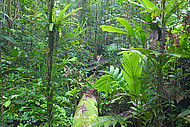
Weevils of the Papuan Region
New Guinea and its lesser surrounding islands harbour an extremely diverse yet little-explored weevil fauna (Curculionoidea). It is characterized by endemism on different hierarchic scales: most species occupy restricted areas...[more]
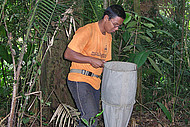
Biodiversity of leaf litter inhabiting arthropods of natural forests in Java
Java is the most densely populated island of Indonesia with about 127 million inhabitants. So, it can not be a surprise that wide areas have been deforested and converted into agricultural land. However, many of the mountains and...[more]
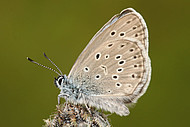
Schutzkonzepte für zwei obligat myrmekophile Schmetterlingsarten
Das Projekt befasst sich mit Bläulingen, deren Vorkommen in Baden-Württemberg stark bedroht sind und die im Raupenstadium besonders enge Beziehungen zu Ameisen eingehen (Myrmekophilie). Dabei wird vor allem die Lebensweise der...[more]
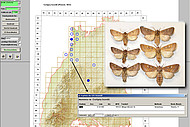
Schmetterlingsfauna Baden-Württembergs
Die Landesdatenbank Schmetterlinge Baden-Württembergs (LDS-BW) ist ein Kooperationsprojekt des Ressorts Lepidoptera im Referat Entomologie mit der Naturschutzverwaltung des Landes Baden-Württembergs (Landesanstalt für Umwelt,...[more]
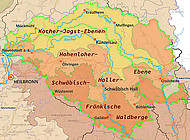
Bläulinge an Jagst und Kocher: Verbreitung, Ökologie, Schutz
In einem faunistisch bisher nur wenig untersuchten Gebiet, dem Bereich von Jagst und Kocher im Nordosten Baden-Württembergs, wurden zehn gefährdete Bläulingsarten im Hinblick auf ihre Verbreitung und ihre regionalen...[more]







